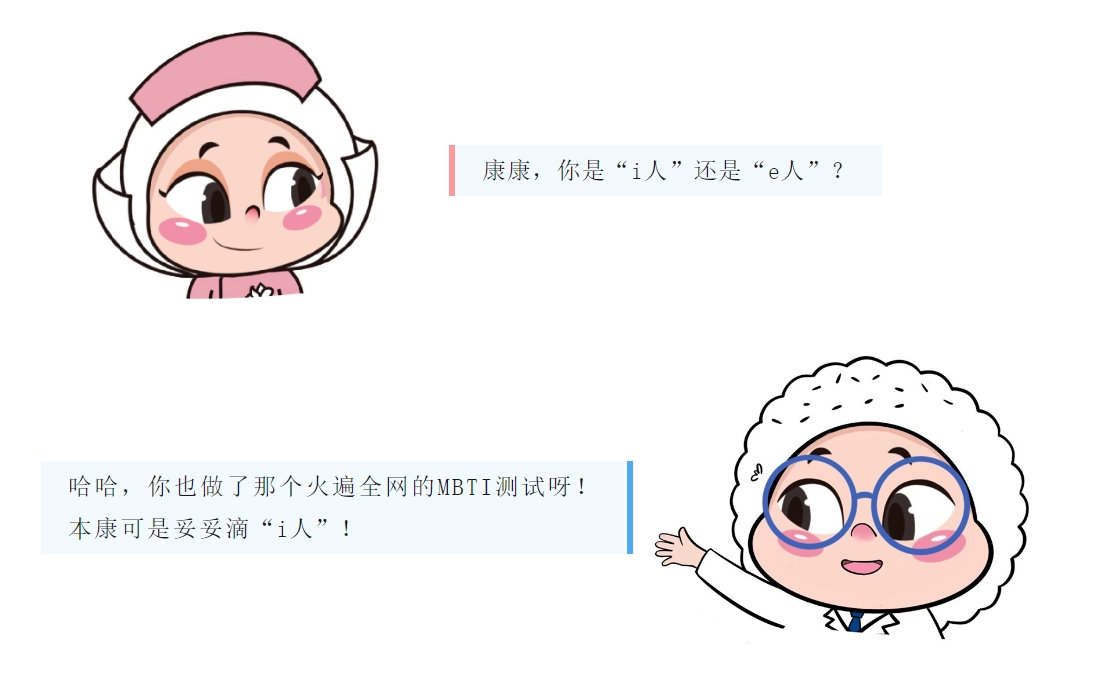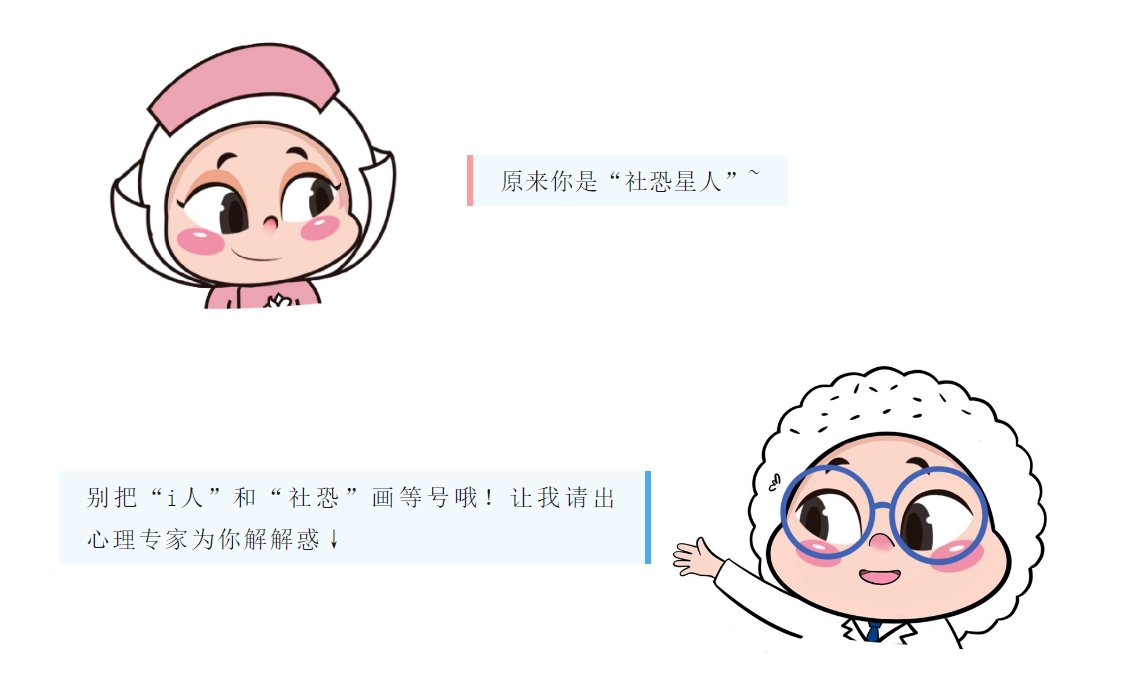Science popularization | Rectifying the name of "I": Not all introversion equals "social fear"


"Shanghai Xiaokang" WeChat WeChat official account map
Medical consultant
Xinhua Hospital Affiliated to Shanghai Jiaotong University School of Medicine
Qiu Meihui, Department of Clinical Psychology

Image source: photo network
MBTI test defines type I personality as introversion, which refers to people who are more inclined to think and be alone, and usually get energy and satisfaction from independent thinking and introspection.
So,Introversion = social fear?
Patients with hyperactivity disorder, emotional disorder, personality disorder, and even healthy ordinary people may have different degrees of social difficulties.
Some people label themselves as "social fear", or because of situations such as avoiding social embarrassment, they often don’t feel burdened.
social phobia
But there are still some people who do suffer from the medically defined "social phobia" (also known as "social anxiety disorder").
Social anxiety disorder will have a great impact on individuals, disrupt normal life, interfere with social relations and quality of life, and damage work or study performance.
Specifically, it can be manifested as: I feel uncomfortable talking or keeping talking with people outside my immediate family, I encounter difficulties in making friends or keeping friendship, I continue to worry for a few days or even weeks before the incident, I am extremely afraid that others will make negative comments on me, I avoid going to places where social interaction is needed, I feel very inferior in front of others, I feel embarrassed to eat and speak in front of others, and I have experienced similar panic attacks in social environment, including nausea, trembling or sweating.
How to distinguish whether you belong to "I" introversion or social anxiety disorder?
Introversion is a personality characteristic.
Such people may feel nervous or anxious in the face of social or interpersonal communication, admit that introversion is a part of themselves, and can concentrate more on what they are interested in.
They often have three or five friends. Although they may feel constrained and shy when asked to participate in some social occasions, they can gradually adapt to or find a corner that makes them feel comfortable.
Just being introverted and having few or no friends who like to go to social places is not enough to be diagnosed as "social anxiety disorder".

Image source: photo network
Patients with social anxiety disorder may be introverted, and some extroverted patients also have social will, but they will view their socialization negatively.
Therefore, they usually take the initiative to avoid socializing or feel very painful in social situations.
People with social anxiety disorder may feel powerless to stop their fears even though they may know that they are irrational. For this group of people, it is recommended to go to professional medical institutions in time for comprehensive evaluation and diagnosis and treatment.
(The original title is "Psychologists Correcting the Name of" I Person ":Not All Introversion Is Equal to" Social Fear ")